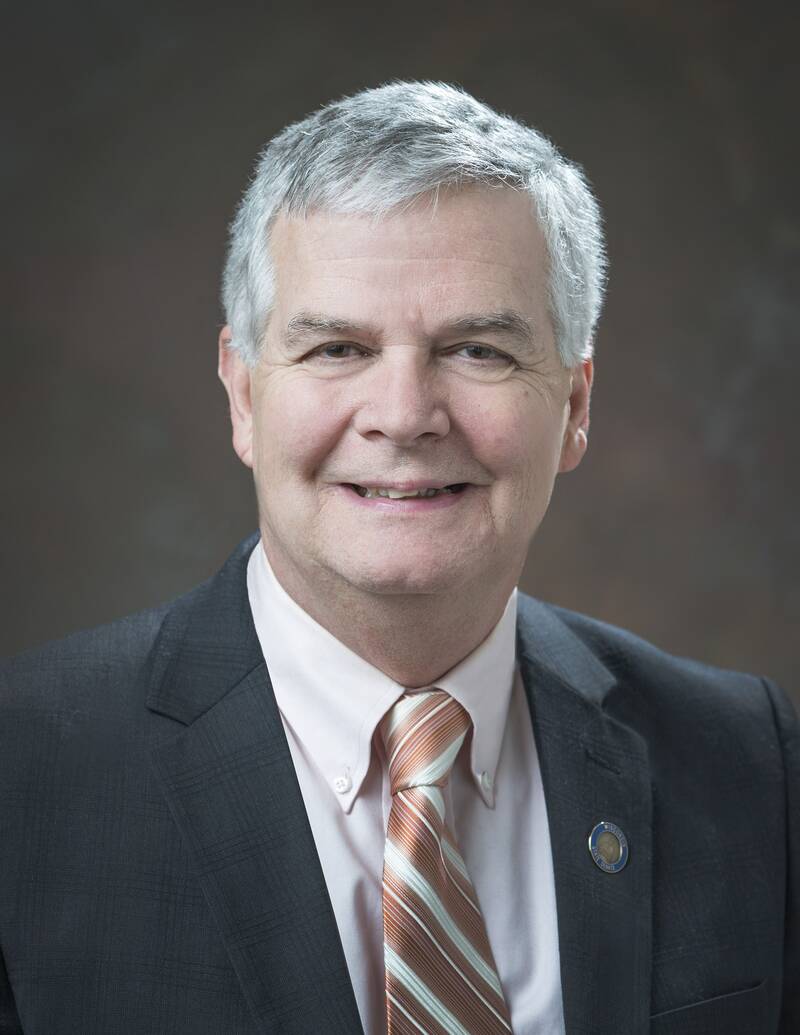We’re finally reaching the point where we can see the light at the end of the tunnel. In recent weeks, scientists released encouraging updates regarding effective COVID-19 vaccines. Reports indicate the potential vaccines have more than 90% efficacy, meaning they get the result they expect from their drug. Time to celebrate? Let’s hope so. Time to give thanks? Absolutely!
Our medical professionals deserve our appreciation for battling this pandemic and working diligently to develop vaccines to save lives. Although we still have more questions to be answered and vaccine doses yet to be produced, we might all breathe a little easier knowing this nightmare may soon be over.
We’ve received promising news, but we must still remember we’re not completely out of the woods. Most of the U.S. population isn’t expected to have access to a vaccine until spring, which means we need to make smart decisions to prevent further spread of COVID-19.
With help on the way it may be natural to convince yourself to relax and take chances. But, as I heard one doctor say following these exciting announcements, “Now is not the time to get sick.” Throughout the upcoming holiday season, we should all know the small sacrifices we make now will be worth it in the long run.
COVID-19 proved to be just as bad as scientists predicted. Since March – in just 9 months – over a quarter million Americans died. At the start of the pandemic in the United States, our country’s east and west coasts faced the brunt of the impact. However, more recently, states in the Midwest have experienced a shocking spike in cases, hospitalizations and deaths.
In Wisconsin, 65 of our 72 counties have "critically high" COVID-19 activity levels; the other counties still have “very high” activity levels. Our hospitals in western Wisconsin are nearing capacity and our healthcare workers are overwhelmed. Nearly 90% of hospital beds in Wisconsin are in use. This means if someone came to a hospital, even for a reason unrelated to COVID-19, such as a heart attack or car accident, there’s a chance the hospital wouldn’t be able to accept and care for the patient. In Wisconsin, 3,307 people have died due to COVID-19, representing the tragic toll COVID-19 has had on so many families and communities across our state.
For those who have survived COVID-19, some are still suffering prolonged symptoms, affecting one’s quality of life. Scientists and doctors have discovered damage to the lungs, heart, liver and even the brain. Long-term complications from COVID-19 include heart inflammation, lung function abnormalities, depression, difficulty concentrating and more.
This information should remind us to continue staying alert and safe. It’s not worth taking any risks right now. Stay home, unless absolutely necessary. If you have to be out in public, wear a mask and practice social distancing. These simple preventative actions demonstrate our respect for one another, even at a time when this country is so divided. We know our country can heal from divisive politics and injustices by working together to overcome this pandemic.
We have an opportunity to get through the pandemic stronger than ever. Whether it’s through the international effort to find an effective vaccine or the bipartisan group of Midwestern governors in unison calling for residents to stay safe over Thanksgiving.
Too often, I still hear some people say they’re unafraid of COVID-19 and don’t believe they’ll suffer if they catch it. I hope they’re right, but any of us can pass it to others who may get really sick and have serious complications. We must follow the recommended precautions, not because we fear for our own health, but we’re concerned for the health of others.
So I’ll say it again: now is not the time to get sick. We are so close to finally having a solution to battling COVID-19. Let’s see this through together without any more unnecessary deaths from this horrible disease.



Add new comment